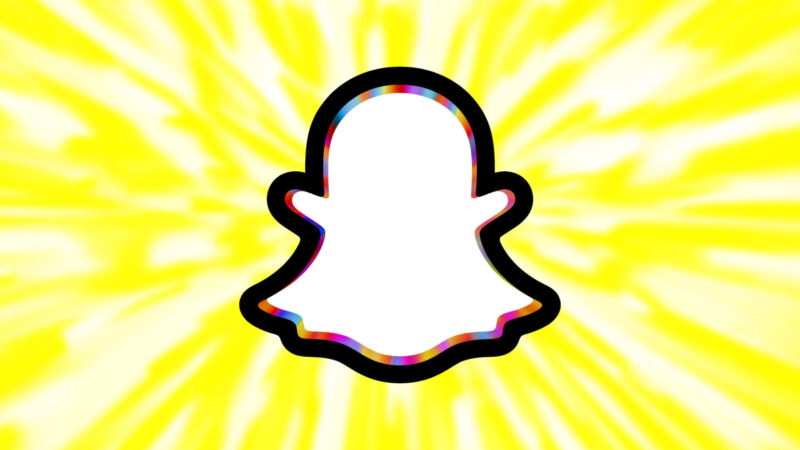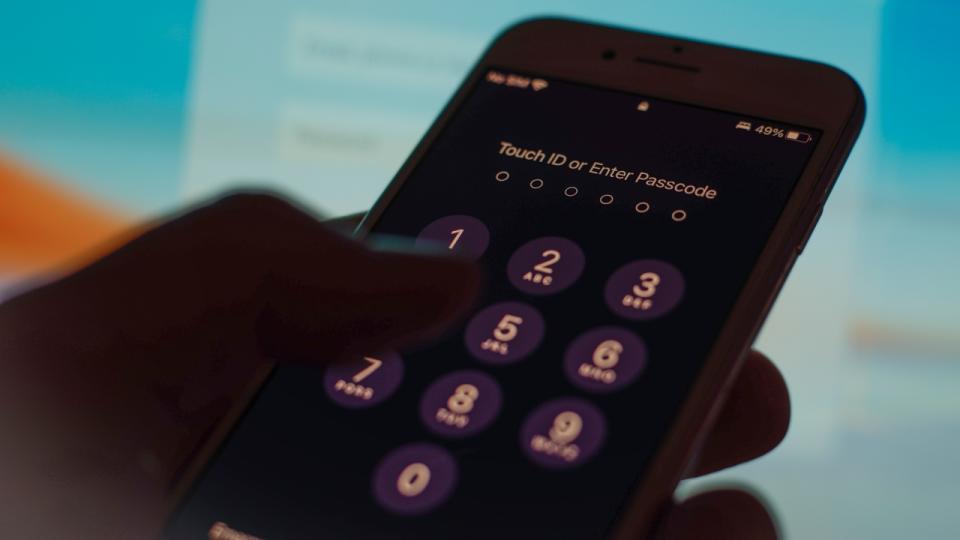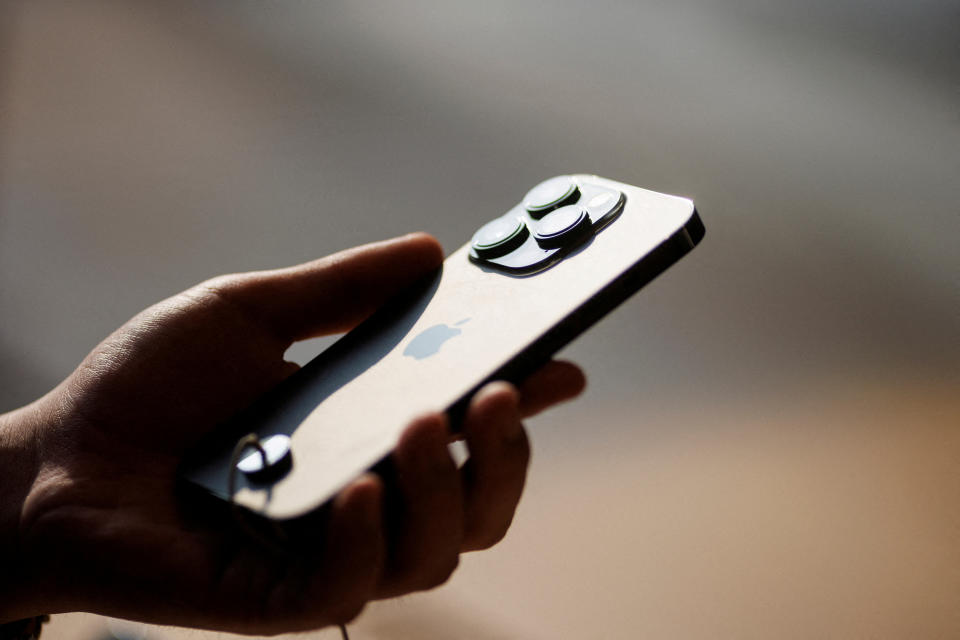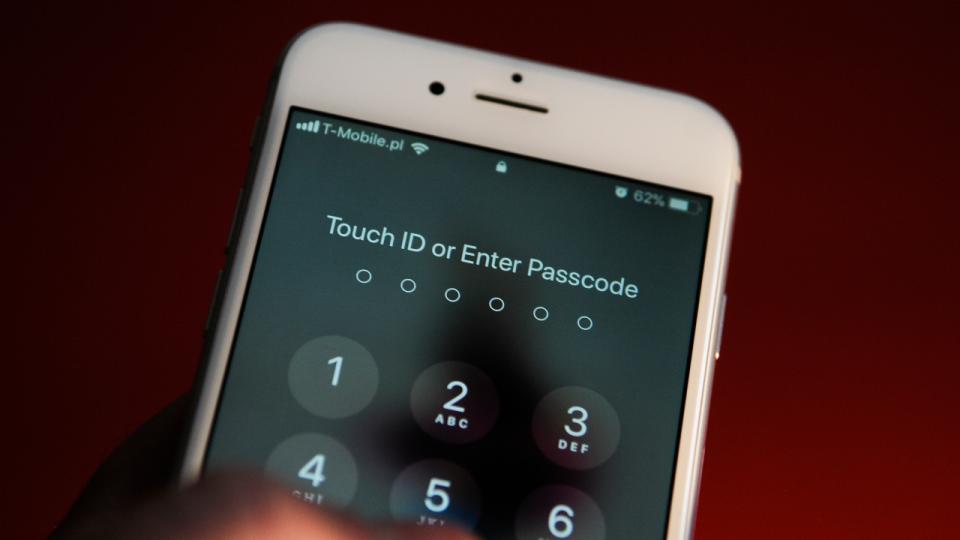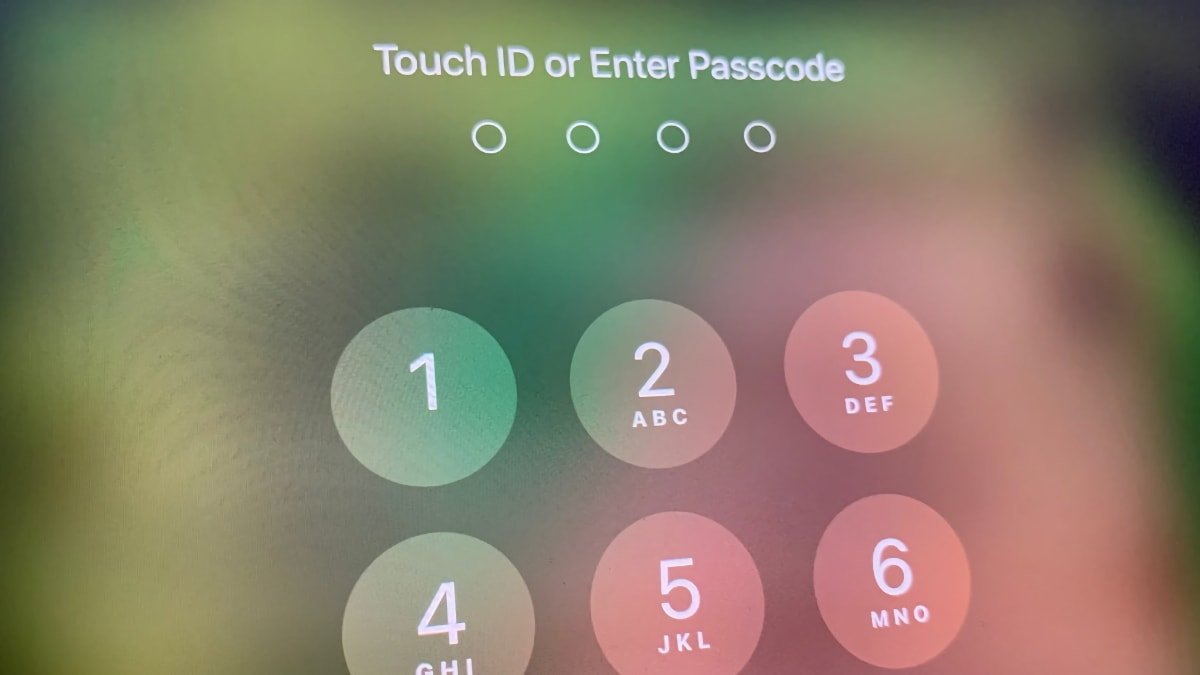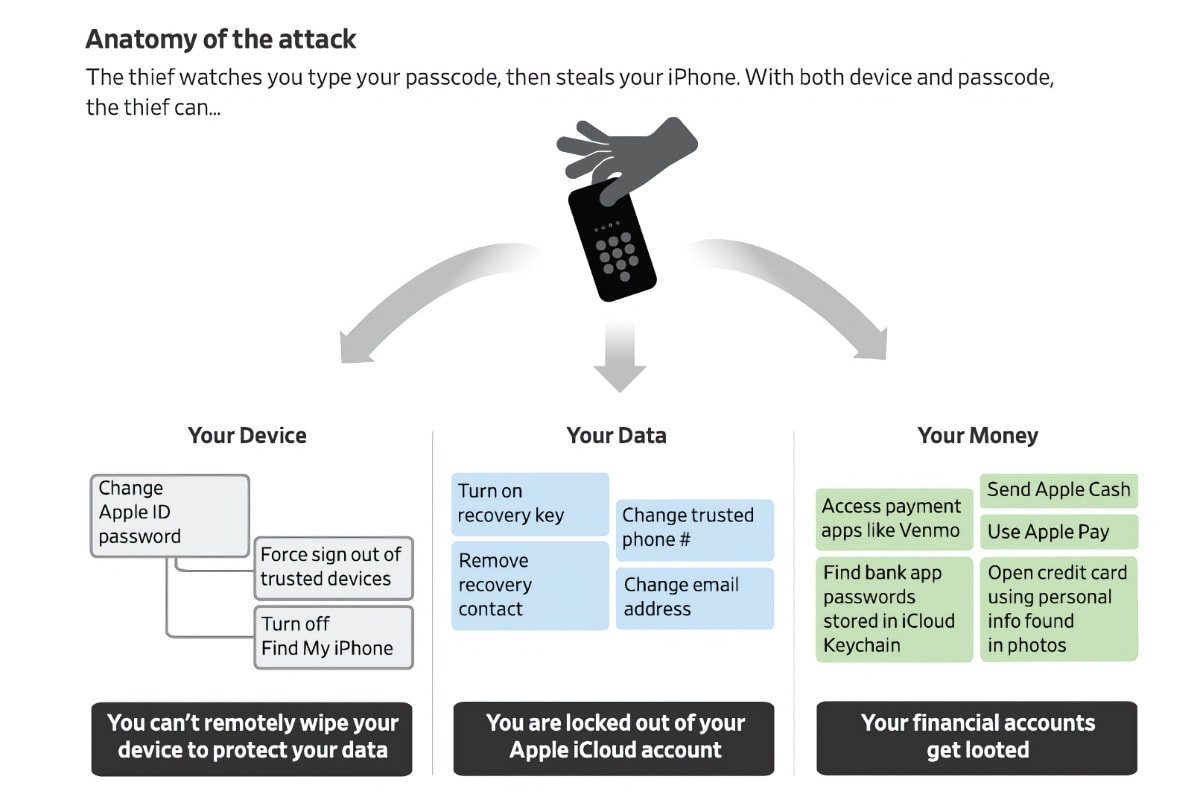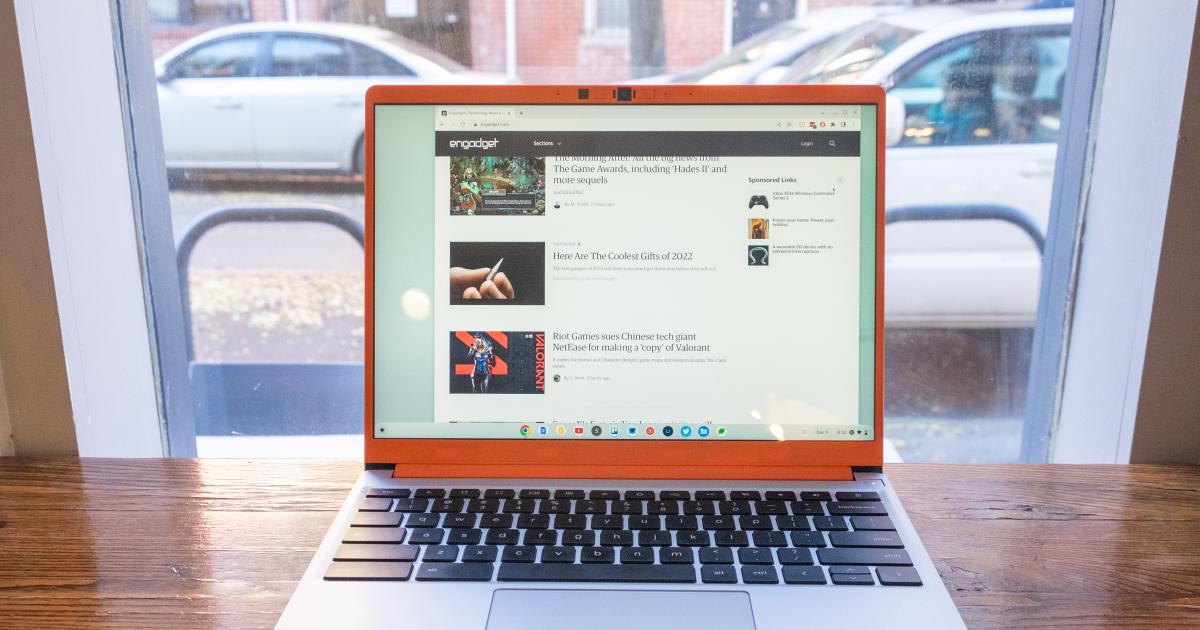Ever since Microsoft announced its intention to acquire Activision Blizzard in an unprecedented $69 billion deal, it’s felt like the news around regulators swarming to slam on the merger brakes hasn’t let up.
There are pages of arguments, tweets and interviews and quotes from executives, and plenty of internet chatter about what’s happening and why. From the outside looking in, it can be tough to sift through what’s important and what’s not, and who’s speaking from a position of expertise and who’s just guessing at the outcome.
Regardless, this deal has the potential to impact gamers more than any other merger to date, so it’s important to be informed on how and why governments look at this stuff, how unprecedented this is exactly and why, and what the possible outcomes might actually be beyond “Will they or won’t they?”
To help untangle this, IGN consulted three legal experts about the particulars of this deal and what the outcome might be. But while their analysis of what’s happened so far was in agreement, their predictions of the deal’s future were surprisingly divided.
Why is Microsoft going to court in the first place?
For those who aren’t up on every gritty legal and regulatory detail of the corporate, regulatory, and antitrust worlds, here’s the rundown. In the US, it is the job of the Federal Trade Commission (FTC) to stop business practices that are either anticompetitive or likely to reduce competition in the market and lead to one company controlling prices, quality of goods and services. This involves a lot of different activities, but one of the big ones is overseeing acquisitions to make sure that two companies merging together don’t become one big company that can monopolize a market.
Given the sheer amount of money involved in the Activision Blizzard deal, the FTC was always going to be scrutinizing the merger very closely. The FTC’s investigation itself is pretty standard activity for this massive an acquisition and, while interesting, is unsurprising. But things got really interesting in early December of last year, when the FTC sued to block Microsoft from acquiring Activision Blizzard, with preliminary hearings set to begin this August.
Without yet digging into the arguments Microsoft and the FTC are making here, it’s perhaps no wonder that the FTC is being harder on Microsoft than many expected. Under the Biden administration, we’ve seen an ongoing antitrust crackdown led by FTC head Lina Khan that is explicitly intended to reign in the tech industry.
But that doesn’t necessarily mean the FTC’s crackdown will be successful, though. It’s already seen an attempt to block a sugar industry deal fall through, and even more relevant is its recent failure to stop Meta from acquiring fitness VR company Within Unlimited. That said, it did score a victory last year when Nvidia nixed its planned $66 billion acquisition of chip designer Arm, and another even more recently against a planned book publishing merger. A win against Activision would send a message to major tech companies that the FTC, at least under current leadership, isn’t messing around.
The FTC’s argument against Microsoft is that by acquiring Activision Blizzard it would “substantially lessen competition” in the “relevant market,” per antitrust law as laid out in the Clayton Act. Effectively, the FTC believes that if Microsoft absorbed Activision Blizzard, their combined powers would allow them to monopolize the games market and hurt potential competitors like Nintendo or Sony in ways they couldn’t reasonably compete with.
Sam Castree of Sam Castree Law explained the FTC’s complaint to me as taking effectively two main tactics. The first, he said, is raising the concern that Microsoft might withhold certain games from competing platforms, or offer those platforms only worse versions of its games – like an Xbox version coming with all the DLC and bonus content, and a PlayStation version of the same game running at half the framerate. While this isn’t something that’s happened before, the FTC wants to make sure it never does.
“There’s also the issue of using Activision to pump out future Xbox exclusives without Microsoft having to pay anything extra for the privilege of exclusivity, like happened with Starfield after Microsoft bought ZeniMax,” he added. “That’s a bit more of a serious concern, but as Microsoft points out, everybody has some exclusives.”
There’s also the issue of using Activision to pump out future Xbox exclusives without Microsoft having to pay anything extra.
“
The second tactic, which Castree believes is much less viable, involves the concept of “relevant markets.” The FTC is trying to argue that the deal would create a monopoly in a narrow definition of a specific market, such as “high performance consoles” which would only include PS5 and Xbox Series, not the Switch or gaming PCs or anything else. Then it would define “content library subscription services” as a different market, and cloud gaming as another one. “The idea here seems to be to show an impact in very narrow (and very artificial) segments of the gaming market, rather than an impact on video games as a whole,” Castree said.
The FTC isn’t alone in these beliefs, either. The Microsoft/Activision-Blizzard deal has been roundly criticized by a number of major figures, including senators such as Bernie Sanders (I-VT), multiple New York City funds, and the governments of several other countries going through similar investigations, most notably the UK’s Competitions and Markets Authority (CMA). And of course, there are plenty of competing companies that would love to see this deal fall through. Most notable among them is Sony, which has slammed the deal on multiple occasions, but recently more companies including Google have joined the pack of competitors decrying the deal.
As Gamma Law’s David Hoppe pointed out to me, historically, attempts to block “vertical mergers” – where a company tries to acquire another company that’s at another level of an industry “stack” of sorts – have been largely unsuccessful, because courts require the FTC to prove that such a merger would harm consumers. That’s easier to do when two companies are directly competing, he said, but it’s much harder in a situation where one company is effectively supplying the other, as Activision Blizzard effectively supplies Microsoft with games for its consoles.
“For example, whether or not Microsoft will provide Xbox users with exclusive release windows for Call of Duty will likely depend on a variety of factors that are unknown at this point,” Hoppe said. “They may determine that it doesn’t make sense for different reasons, or market dynamics two or three years from now may be such that it doesn’t really matter anyway. So it’s hard to make the showing to a court that will convince them to intervene to stop a $68 billion transaction. To argue against the merger, basically the FTC has to rely on historical references and the opportunities that Microsoft would have to leverage the Activision content business, and how that could negatively affect video game consumers.”
But difficult as the FTC’s fight might be, recent history indicates that the tables may well be about to turn in favor of this particular brand of trust busting. How, then, is Microsoft planning to fight back?
Microsoft’s Response
In preparation for this fight, Microsoft has already laid some hefty groundwork. The company has been aggressively making its case to press, investors, analysts, and the general public ever since the deal was announced, stepping up its efforts in recent months as the deal’s viability has grown increasingly dicey. It’s gone so far as to offer a ten-year commitment to keep Call of Duty on PlayStation and Nintendo consoles, as well as Steam, and Nintendo just recently accepted the promise (Sony is still up in the air). And while Nvidia previously was skeptical of the deal, Microsoft recently struck an agreement to bring Xbox games to GeForce Now that has Nvidia swapping sides. Microsoft even launched a website touting the supposed benefits for players, game creators, and gaming industry of such a deal.
In its 111-page response to the CMA’s investigation, Microsoft took a humble stance, repeatedly downplaying its own power in the market and the benefits of such a deal to consumers while actively emphasizing the power and reach of its competitor, Sony. Sony responded by also downplaying its capabilities while talking up Microsoft’s, though its argument was significantly shorter. Sony’s arguments hinge upon Call of Duty and its consistency as an annual best-selling franchise, arguing that if it were to be deprived of such a franchise, its ability to compete would be significantly harmed.
When the FTC and Microsoft go to court in August, we’re likely to hear extended versions of these arguments. Hoppe said that Microsoft can either prove that it won’t lessen competition in the games industry, or prove that the FTC’s definition of the “relevant market” is poorly-defined in order to win its case. Thus far, he said, Microsoft’s argument has primarily centered on three major points:
- That neither Microsoft nor Activision are the dominant players in their respective markets (consoles and game publishing), so their merger wouldn’t really change the competitive landscape in a meaningful way. This is the primary argument Microsoft is trying to make when it downplays its own capabilities and pumps up Sony’s power. If it’s a “third-place console manufacturer” behind Nintendo and Sony and if Activision Blizzard is just one publisher in a giant sea of them, then what’s the big deal?
- It’s offered to commit to long-term license agreements for Call of Duty to its major competitors, which would (per Microsoft) negate any concerns about negative consumer impact.
- That the deal is actually pro-competitive, because it gives Microsoft a leg up in the mobile games business (via King) where it didn’t have one before.
Castree added in his response to my questions that one avenue Microsoft can (and has) used is to point to its existing practices: Minecraft is on basically every console you can imagine, Banjo & Kazooie are in Super Smash Bros., and Goldeneye is on the Switch. Historically, it’s kept many of its properties widely available, and its promises to do the same for Call of Duty make a lot of sense as a business move to boot. Why risk losing a massive chunk of the market for a game that’s already cultivated such a massive audience on other platforms?
That said, Castree noted that in a way, Microsoft doesn’t actually have to prove anything to win.
“The burden is on the FTC to prove their own case,” he said. “If the FTC can’t prove its case, then Microsoft doesn’t have to do anything. Practically, however, Microsoft will be gathering all of the evidence and arguments that it can in order to show that their buying Activision is unlikely to lessen competition or create a monopoly.”
Who Will Win?
Of course, the question on everyone’s minds is whether this deal will actually go through. Industry observers and fans alike are divided on this issue, and as it turns out, so are the legal experts we spoke with.
Both Castree and Hoppe agreed that much of how this goes will hinge on how well both the FTC and the US judicial system actually understand the games business. Castree in particular had an applicable anecdote from his own experience:
“I remember an oral argument in a copyright case in the late ‘90s or so,” he said. “I don’t recall the case name, but one of the judges (who was a somewhat elderly woman) said to the lawyer, ‘You know, I don’t see how a video game is any more expressive than a greeting card.’ My jaw is still on the floor after hearing that.
It’s possible that a judge who knows nothing about the gaming industry might be more willing to uncritically adopt the FTC’s definitions of ‘Relevant Markets.'
“
“Video games have made large strides in the popular consciousness since then, but there are still an unfortunate number of people who only think of video games as bleeps and bloops and Pac-Man (not that there’s anything wrong with bleeps and bloops and Pac-Man). It’s possible that a judge who knows nothing about the gaming industry might be more willing to uncritically adopt the FTC’s definitions of ‘Relevant Markets,’ and that would be a mistake. However, I think that overall, judges in video game cases have historically tended to make a real effort to understand games and how they work. And the FTC is one of the more tech-savvy federal agencies in general, so it might not be a big concern in practice.”
Both lawyers were also in agreement that whatever the outcome, this whole thing is probably going to take a while. Hoppe pointed out that while the trial itself is scheduled for August 2023, the losing party could appeal the decision to the FTC commissioners, the US Court of Appeals, and ultimately to the Supreme Court itself. While Microsoft could always cancel the deal, the FTC could give up in the face of Microsoft’s enormous resources, or the two could reach a settlement and end things early, barring any of these outcomes this could all go on for years.
But as to how this will all actually conclude, Castree, Hoppe, and Stanford Law’s Mark A. Lemley were split. Castree, for his part, said Microsoft has the better of the argument. He pointed out Microsoft’s past willingness to keep its franchises on other platforms, as well as Microsoft’s resources and ability to appeal any losses as far as it could possibly go.
“I think that the FTC’s plan to define a bunch of hyper-specific sub-markets within the gaming sector is just plain incorrect, and I was struck by a number of iffy to inaccurate statements in their complaint,” he said. “I don’t think, for example, that cloud gaming subscription services are a relevant market unto themselves. Nintendo Switch might have a different price and technical specs compared to Xbox, but Switch isn’t in a totally different market. Switch and mobile and PC are all relevant competitors and alternatives to Xbox and PlayStation.”
Lemley agreed with Castree that Microsoft would likely take the case as far as it possibly could. But on the other hand, he believes the FTC will be victorious, in fact for the exact opposite reasons that Castree thinks the FTC will lose.
The real uncertainty for the FTC is that the courts have been writing more and more limits into antitrust law.
“
“I think the big underlying question is interoperability. Microsoft's competitors are worried that if it buys a big maker of games that right now are playable across platforms, they will release future games just for the Xbox (or maybe Xbox + PC). I think that is a real risk.
“I think the FTC has a strong case that interoperability is important and it is at risk. Microsoft has offered to make some concessions to keep certain games like Call of Duty open, but it's not clear how enforceable those promises would be. Previous experience with conduct-related promises suggests they don't end up being a good substitute for structural merger remedies.
“The real uncertainty for the FTC is that the courts have been writing more and more limits into antitrust law, and the FTC will have to persuade the courts to read the law more broadly.”
Hoppe falls somewhere in the middle of these two arguments. For all its public-facing noise about the deal, Hoppe thinks the constant challenges from the FTC might dissuade Microsoft entirely…even if it can ultimately prevail.
“The cost and uncertainty associated with this acquisition for Microsoft has gone up significantly now,” he said. “I would be surprised if there is not serious consideration given to canceling the deal and paying the breakup fee, if it would apply. If they do go ahead and don’t reach some interim settlement with the FTC, I think they would prevail. It’s possible they would even win in August before the FTC’s own judge, which is what happened recently in another vertical merger case.”
There’s also a fourth option. When IGN reached out to the above legal experts several weeks ago, we hadn’t yet heard that Microsoft is sitting at the table with Sony to hash out an agreement around Call of Duty. Analyst and former SuperData CEO Joost van Dreunen suggests that their discussions, as well as Microsoft’s own talks with the FTC and the CMA, may result in another path: divestiture.
Effectively, Microsoft could come to an agreement with Sony and regulators on two points. The first would be an agreement with Sony around what to do with the Call of Duty license –discussions about which may already be happening given Sony’s recent hint of “private negotiations” taking place. And the second would be an agreement with regulators to divest Blizzard from the Activision Blizzard King portfolio, giving Microsoft control of Activision and King and spinning Blizzard off into independence again. Van Dreunen argues that while the CMA has suggested divesting Activision would be an acceptable option, removing Blizzard from the deal might be a more amenable compromise to Microsoft.
“Spinning off Blizzard would directly speak to reasonably diminishing Microsoft’s ability to leverage content to build its cloud ecosystem, especially because its biggest money-maker, World of Warcraft, is exclusively on PC,” van Dreunen wrote. “It will also allow Microsoft to push into mobile where, as I’ve argued previously, it will bring some much-needed competition.”
Microsoft, for its part, has since said that divestiture – at least of Call of Duty – is “not realistic.”
While our examination here has been primarily focused on what the FTC will do, it’s important to recognize that the FTC isn’t the only barrier. There’s the aforementioned CMA, which is putting up its own significant fight overseas, and it’s entirely possible other governments step up to challenge too (such as the EU). A deal that’s satisfying to one set of regulators may not satisfy another. And as our legal experts mentioned, at any point this may all become too expensive for Microsoft to be interested in funding any longer.
Whatever happens in the next few weeks with Sony, Microsoft, and the CMA, it’s unlikely that it will be the end of the challenges to this deal, especially given that it doesn’t go to court in the US until August. There’s a lot of work left to be done before Microsoft, the FTC, or anyone can say they have their respective case in the bag. And the ultimate outcome is still anyone’s guess.
Rebekah Valentine is a news reporter for IGN. You can find her on Twitter @duckvalentine.
Adblock test (Why?)
Technology - Latest - Google News
February 23, 2023 at 02:25AM
https://ift.tt/4usRMGv
Will the FTC Block Microsoft From Acquiring Activision Blizzard? Legal Experts Are Divided - IGN
Technology - Latest - Google News
https://ift.tt/IpUymze
:format(webp)/cdn.vox-cdn.com/uploads/chorus_asset/file/24468357/bluesky_ios_app.png)
:format(webp)/cdn.vox-cdn.com/uploads/chorus_asset/file/24100084/226337_Pixel_7_and_7_Pro_AKrales_0531.jpg)
